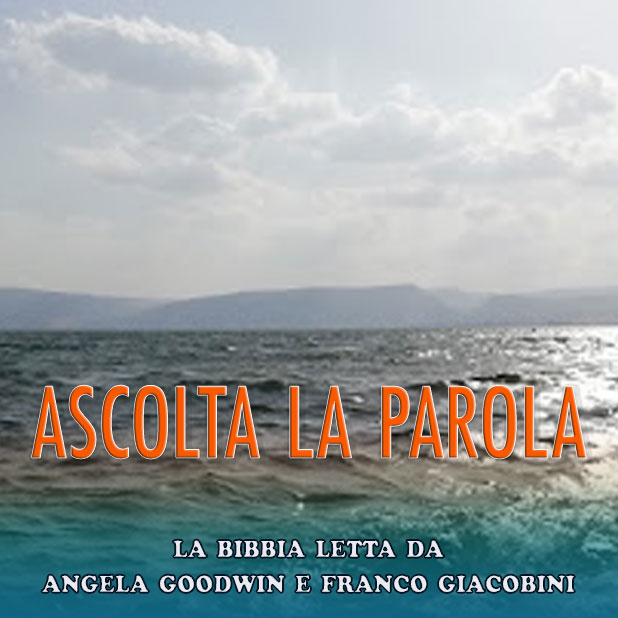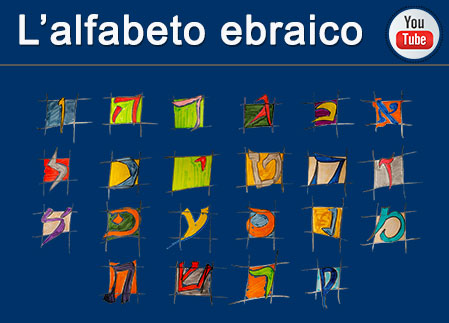Deniau, Francis
Città del Vaticano 10/10/2008
It is in studying its own mystery that the Church refers to the Jewish people (Nostra aetate 4). It is not an external reality nor is the Jewish-Christian dialogue a kind of interreligious dialogue. It even touches the interior of the Church and the mystery of faith.Nostra aetate invites us to a Biblical dialogue. Christians have always been tempted to speak about the Jews in the past tense. In speaking about the Jewish people as our elderly brothers, John Paul II sees us as brothers belonging to the same generation. We are “co-heirs” (Jean-Marie Lustiger) of the same inheritance, the Old Testament. We read it differently. For the Jews, through the oral Torah (written in the Talmud, but pursued with many interpretations); for us through the New Testament and the Christian Tradition (without forgetting that for us well oral tradition precedes the written one), in insisting on the unity of the two Testaments, around the figure of Christ Jesus.
The Jewish-pharisaic reading and the Christian reading have developed simultaneously. For us Christians, the Jewish reading, completely different from ours, is not any less possible or legitimate and can teach us a lot (22).
Central points: that our reading of the Old Testament should leave space for the Jewish reading; that our reading of the NT should not create antisemitism; to speak about Jews in the present tense and not in the past tense; to revisit the idea of achievement (PcB 21); to underline the eschatological dimension of expectations common to Jews and Christians, even if they are very different; to be attentive to the universal mission present in the Jewish tradition; even if the “no” of the Jews to Jesus hurts us, we have to try to perceive what the Jews see as faithfulness to God and to their own vocation; to study in depth Romans 9-11; to promote dialogue beyond the specialistic kind, in the parishes and the movements.
[Original text: French. Whole text in: Sens 2 (2009) p. 109-114]
556 visualizzazioni.
Inserito 01/01/1970
Relazioni Ebraico-Cristiane
Ultime novità nel sito
- 19/04/2020: Articolo - L’enigma della Maddalena
- 23/02/2020: Articolo - Il locus amoenus nelle catacombe ebraiche e cristiane di Roma
- 16/02/2020: Articolo - Il profetismo nel Vicino Oriente antico
- 13/02/2020: Articolo - I Profeti della Cappella Sistina
- 09/02/2020: Articolo - Gerusalemme e la Terra Santa di Israele


